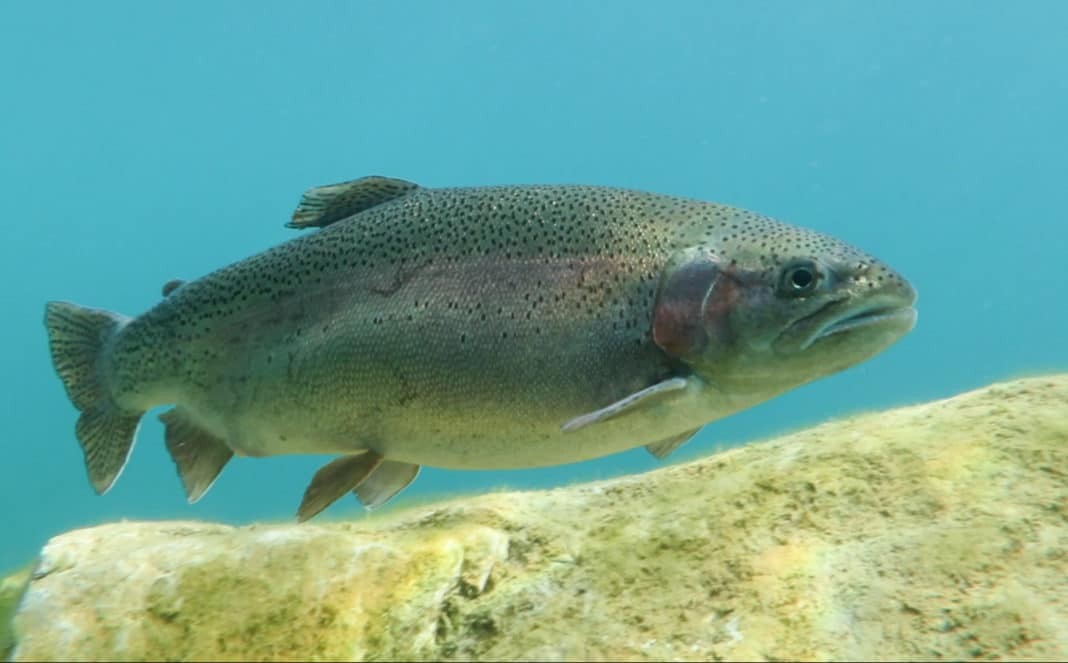Research from New Oregon State University has demonstrated the importance warm water habitats play in supporting cold-water species like salmon and trout.
The researchers found that some habitats that are warm in the summer tend to be written off, yet they play a crucial role in other times of the year. This is especially true in conservation efforts that focus on cold-water bodies.
The research, recently published in the journal Conservation Biology, was conducted in Upper Klamath Lake in southwestern Oregon. That site is important because at present it is an example of what scientists fear will happen to other water basins as the climate continues to warm, researchers said.
According to Jonny Armstrong, an ecologist at Oregon State and co-author of the paper:
“The lake is 80 degrees Fahrenheit in summer and neon green with algae blooms that can kill even the toughest fish species. It is the opposite of what we think of as trout habitat. This research shows that habitat that is nasty in summer can be critically important during other seasons.”
According to Oregon State doctoral student and conductor of the research Nick Hahlbeck:
“We show in this paper by devaluing habitats that are warm in summer we miss their critical functions at other times of year. In this case, the habitat that would be written off provides almost all of the energy needed for growth and reproduction that is expressed at other times of the year.”

